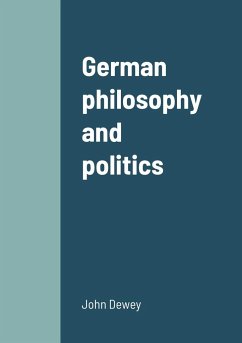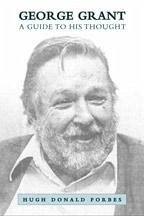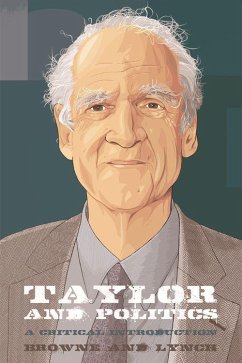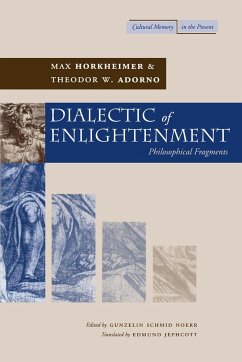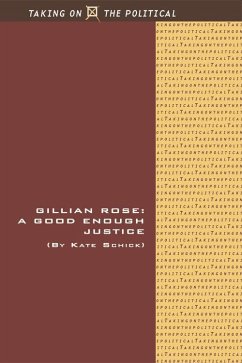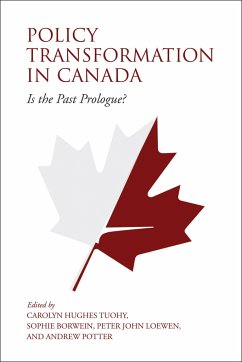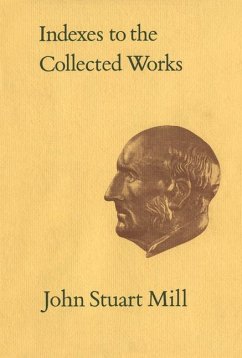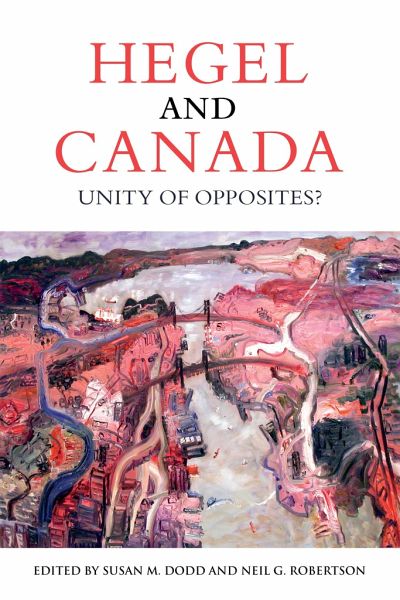
Hegel and Canada
Unity of Opposites?
Herausgeber: Dodd, Susan; Robertson, Neil G
Versandkostenfrei!
Versandfertig in über 4 Wochen
90,99 €
inkl. MwSt.

PAYBACK Punkte
45 °P sammeln!
Hegel and Canada is a collection of essays that analyses the real, but under-recognized, role Hegel has played in the intellectual and political development of Canada. The volume focuses on the generation of Canadian scholars who emerged after World War Two: James Doull,¿Emil Fackenheim, George Grant, Henry S. Harris,¿and Charles Taylor.



